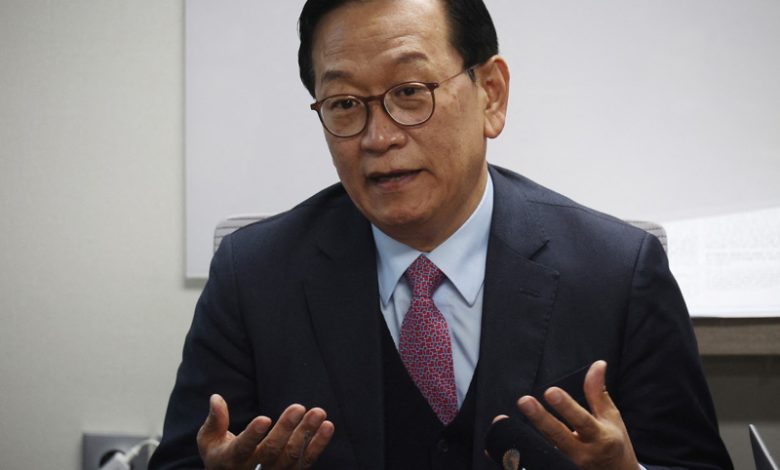Suspended South Korean President Yoon Skips First Impeachment Hearing, Citing Safety Concerns

South Korea’s constitutional court held its first hearing on Tuesday to determine whether suspended President Yoon Suk Yeol should be removed from office following his shocking attempt to impose martial law last month. However, the session ended within four minutes due to Yoon’s absence. His lawyers had previously announced that he would not attend, citing safety concerns as he faces an arrest warrant on separate insurrection charges.
Yoon’s presidency, already under scrutiny, took a dramatic turn on 14 December when parliament voted to impeach him. This move was supported by members of his own party alongside the opposition, but the impeachment will only be finalised if at least six of the eight constitutional court justices vote to uphold it.
South Korean law requires the court to reschedule the hearing to allow Yoon another opportunity to attend before proceeding without him. The next hearing is set for Thursday. Although Yoon’s legal team has hinted he might appear at a later date, they have criticised the court’s “unilateral decision” in setting trial dates. On Tuesday, the court rejected the lawyers’ request to recuse one of the eight justices from the proceedings.
This marks the first time a sitting South Korean president faces the possibility of arrest. A prior attempt to detain Yoon on 3 January ended in an hours-long standoff between investigators and his security team. Local media reports suggest another attempt could happen this week.
The political crisis stems from Yoon’s brief but controversial martial law declaration on 3 December, which he defended as necessary to protect South Korea from “anti-state forces.” However, critics argue it was a desperate move to consolidate power amid growing opposition to his leadership.
Following the declaration, parliament voted to impeach both Yoon and Prime Minister Han Duck-soo, who has since stepped in as acting president. The turmoil has deeply affected South Korea’s economy, with the won depreciating and global credit rating agencies issuing warnings about declining consumer and business confidence.
This is not the first time South Korea has seen its president face impeachment proceedings. In 2004, President Roh Moo-hyun was reinstated after a two-month review of his impeachment case. More recently, in 2017, President Park Geun-hye’s impeachment was upheld after she declined to attend her trial, with the first hearing lasting only nine minutes in her absence.
Yoon’s impeachment hearing mirrors these historical events, but the unprecedented nature of his martial law attempt and subsequent arrest warrant has heightened the stakes. As the constitutional court continues its proceedings, the political and economic stability of South Korea remains in the balance.





